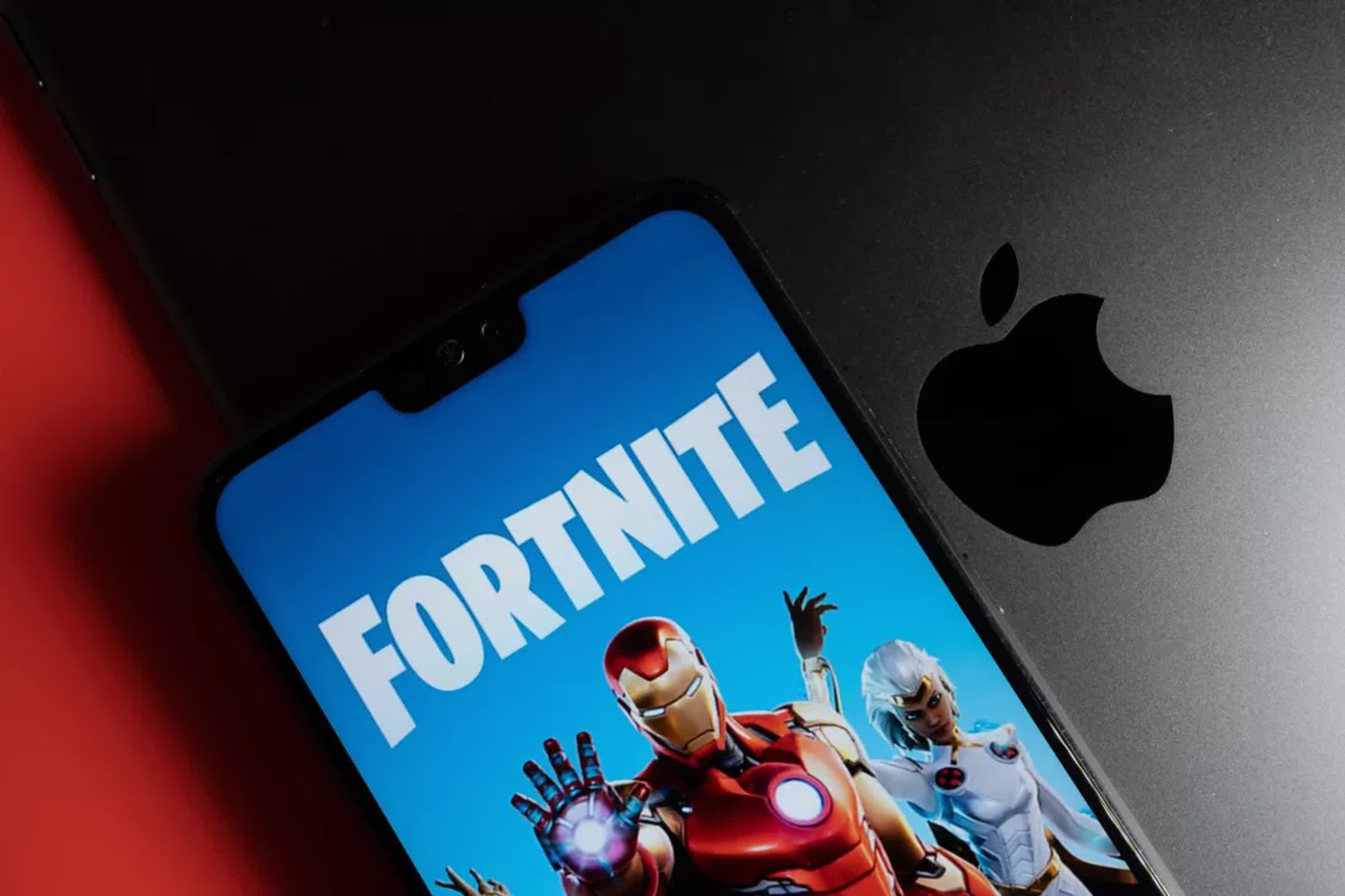Editor's take: While Fortnite's comeback on iOS is a significant milestone, the story is defined as much by the unexpected length of its absence as by its triumphant return. For CEO Tim Sweeney, the five-year ban was never part of the plan – a reminder of just how unpredictable the intersection of technology, business, and the courts can be.

When Epic Games CEO Tim Sweeney decided to challenge Apple's App Store policies back in 2020, he anticipated a fierce response. But what he didn't expect was just how long Fortnite, the company's blockbuster game, would be absent from the iOS App Store.
"I had actually hoped that we would get an injunction against Apple blocking Fortnite and that we'd only be off for a few weeks," Sweeney told The Verge. Instead, the legal battle between Epic and Apple stretched on for years, leaving Fortnite unavailable to iPhone and iPad users in the United States for nearly half a decade.
The removal of Fortnite from the App Store in August 2020 followed Epic's introduction of its in-app payment system, a move that directly violated Apple's rules at the time. Sweeney expected that the courts would quickly intervene, allowing the game to return to iOS in short order. However, the reality proved far more complicated, with the ensuing litigation extending the ban far beyond what Epic's leadership had anticipated.

Fortnite's recent return to iOS in the US has sparked a surge of interest. Since reappearing on May 20th, the game has climbed to the top of the App Store's free games chart and has been downloaded around 10 million times on iOS devices.
While Epic has not disclosed the exact number of new players, Sweeney and Saxs Persson, Epic's executive vice president of the Fortnite ecosystem, noted that the player base is split between those who play on the best available device – be it a TV at home or a phone on the go – and those who primarily play on their phones.
Currently, mobile-first players make up less than half of Fortnite's user base, but Sweeney believes that "all future growth of Fortnite will primarily be on mobile."
The return to iOS has also allowed Epic to improve the mobile experience. "We're really focused on making Fortnite better on mobile," Persson said, adding that being back on Apple's platform provides the team with valuable feedback on how the game performs and what needs to be improved. Fortnite is not yet "fully optimized" for touch controls, especially in the battle royale mode and user-created experiences. Still, Persson is optimistic: "The doors are open now, and we can actually go and every day make the game better."
One notable change in the new iOS version is the presence of Epic's payment system alongside Apple's, a result of the legal outcome of the Epic-Apple dispute. Players can now choose between Apple's in-app purchase system and Epic's, with the latter offering a 20 percent rebate in Epic Rewards.
Epic's Tim Sweeney never expected Fortnite to be banned 5 years from Apple's app store